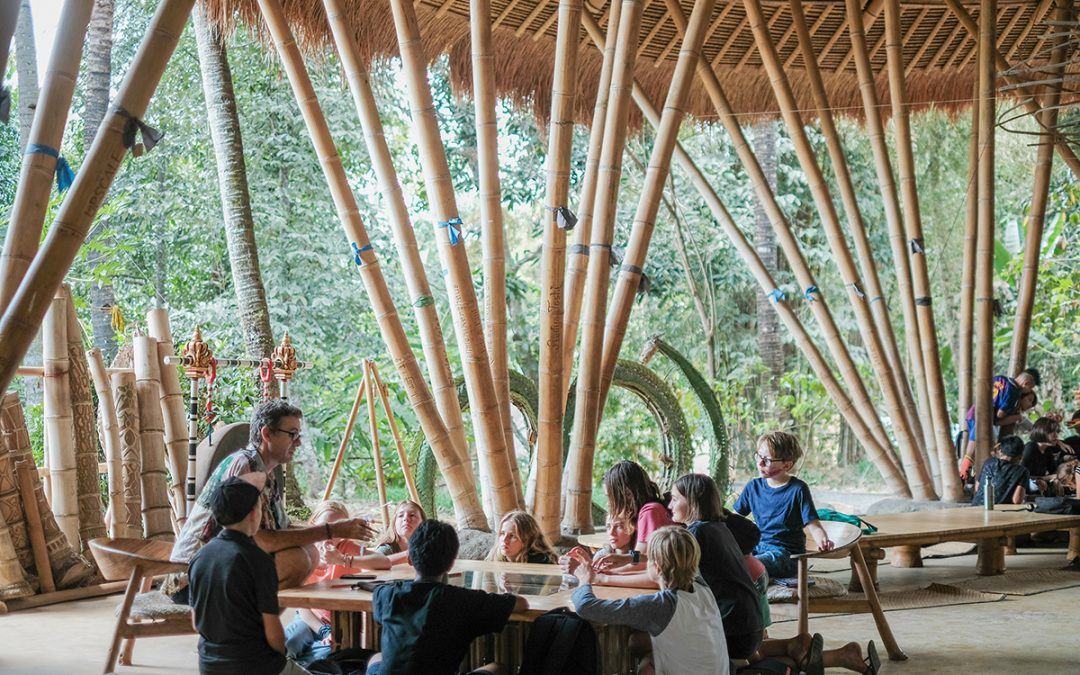We all know the history of our honest, yet feeble, attempts to measure intelligence. With the Intelligence Quotient somehow our intelligence was given a number. Then came Multiple Intelligences, Emotional Intelligence and Social Intelligence – there was more (I’m just trying to be brief). We have come full-circle and have landed back at IQ – but it’s a new IQ: Intelligent Questioning.
I define intelligence as the ability to use existing knowledge and access available information to solve new problems – and, regardless of the ‘problem’ (ie. solving algebraic equations, writing an essay on social justice, fixing your motorbike, changing tack in a storm, resolving a personal difference, writing a new song), it is our ability to ask the right questions that demonstrates our intelligence.
As an educator, I don’t want my students to recite rote-learned information – what I want to teach my students is the skill of questioning. Information-learning is (should be) dead and buried. Being intelligent doesn’t depend on having the answers – what we need is to be able to ask good questions. Google is a great example – ask the right question and you get the information you’re looking for … and then you need to question that information.
I remember the joy in the conversations I had with my children when they started asking questions. What is the moon? How do birds fly? Why do you have to go to work? Why is the grass green? Why do we have to use soap in the bath? What is this? What is that? How does this work? Where does that come from? Asking questions is a natural learning mechanism. And then off kids go to school and all we expect students to do is remember the answers.
A few of my favourite teaching moments were when I pushed my students to ask questions. In Middle School Maths, I used to like supplying some data-points on a natural phenomenon and then let the students generate questions based on the data. For older students in Science classes, I’d assess by having students write all the questions they could think of about a certain topic. Scientific method is based on Intelligent Questioning – question, predict, observe and explain.
Good self-reflection (don’t be scared – try it!) is something we need to teach our students – and something that we all should continually strive to improve. My most valid assessments of students have come from helping them ask good questions about their learning: what did I learn, how did I learn it, why does it matter, what would I like to learn more about, what was challenging, how did I overcome those challenges, what life-skills did I use and develop, what values did I demonstrate, what did I know before that helped me learn new things, what did I learn that I could use in the future? Having students write the answers to all these open questions gives you a better Teacher Comment for a Student Report than any teacher could write.
We need future generations to start asking real questions. Question the media, question democracy, question history, question the System, question what you buy, question what you eat, question how you travel, question your footprint, question yourself and what you stand for, question your relationships with others, question how you react and respond in different situations. Intelligent Questioning is a skill that no government or big business wants of the people – just keep buying, keep polluting, keep voting for the lesser of two evils, keep mindlessly accepting the false-reality of the media machine.
Intelligent Questioning (unlike the Intelligence Quotient) can not be calculated as a number. A single number could never express the innate, limitless skill of asking good questions. Intelligent Questioning helps us reunite our present selves with our awe and wonder-filled youth. Our natural environment, our political systems, our social structures … so much needs to change. And this change will only come when we, as individuals and as communities, start to demonstrate Intelligent Questioning.

